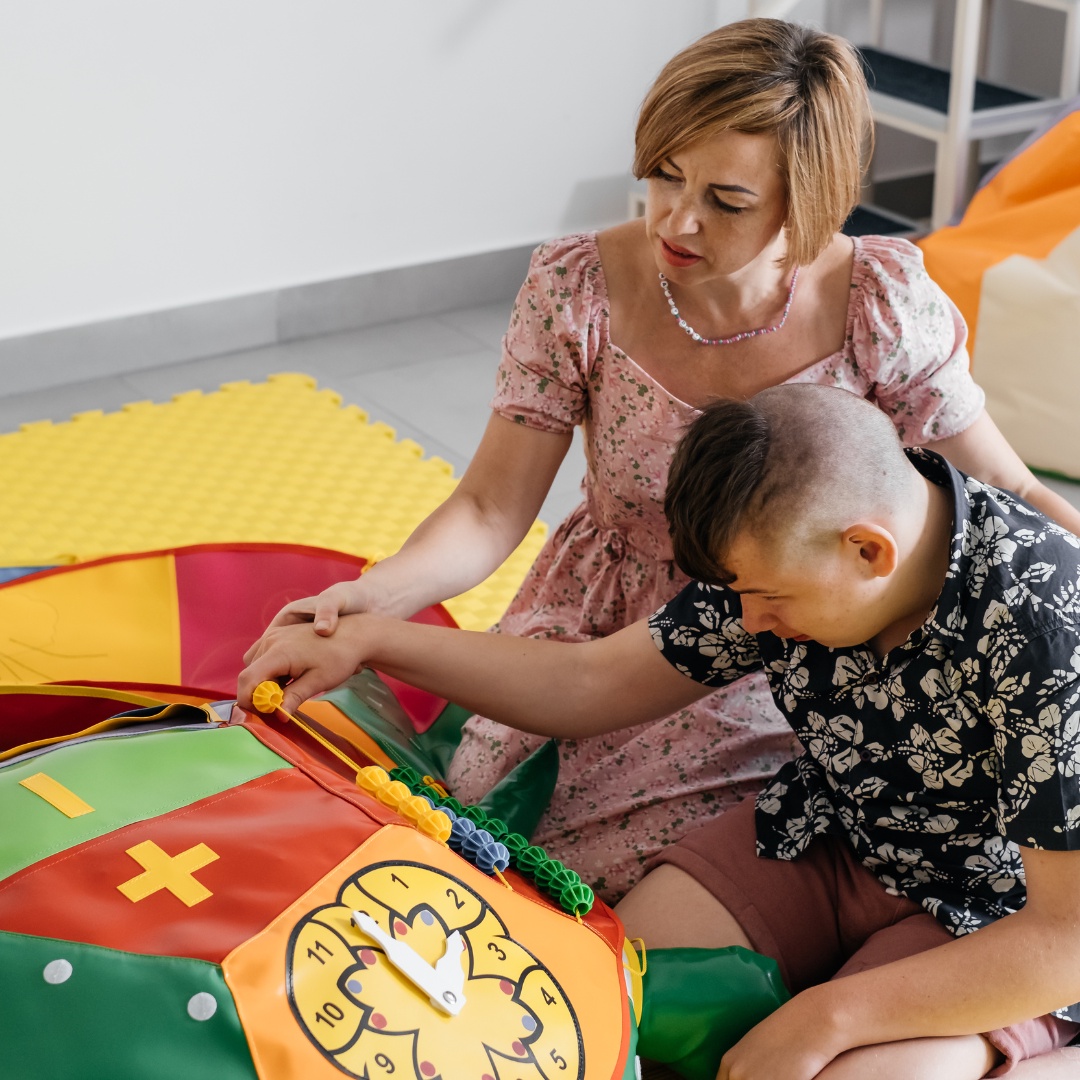Down syndrome is a genetic condition that affects individuals worldwide, including many children in Australia. While each child with Down syndrome is unique, they often face developmental delays that can impact various aspects of their daily life. Occupational therapy plays a crucial role in supporting Aussie kids with Down syndrome by addressing their specific needs and promoting their overall well-being.
Understanding Down Syndrome and Developmental Delay
Children with Down syndrome typically experience developmental delays in areas such as motor skills, speech and language development, cognitive abilities, and social skills. These delays can affect their ability to perform everyday tasks independently and may present challenges in school, at home, and in social settings. Occupational therapists specialising in developmental delay are trained to assess each child's strengths and challenges and develop customised interventions to help them reach their full potential.
Occupational Therapy Interventions for Down Syndrome
Occupational therapy interventions for children with Down syndrome are designed to enhance their independence, confidence, and quality of life. Here are some key insights into how occupational therapists support Aussie kids with Down syndrome:
1. Fine Motor Skills Development: Occupational therapists use activities such as grasping objects, manipulating small items, and practising hand-eye coordination tasks to improve fine motor skills in children with Down syndrome. These skills are essential for tasks like writing, dressing, and feeding independently.
2. Speech and Language Therapy: Many children with Down syndrome experience delays in speech and language development. Occupational therapists collaborate with speech-language pathologists to implement strategies that support communication, such as using visual aids, incorporating sign language, and practising oral motor exercises.
3. Sensory Integration: Children with Down syndrome may have sensory processing difficulties, leading to sensory sensitivities or seeking behaviours. Occupational therapists employ sensory integration techniques to help children regulate their responses to sensory stimuli and participate more fully in daily activities.
4. Daily Living Skills: Occupational therapists teach essential life skills such as grooming, hygiene, and self-care to promote independence and foster confidence in children with Down syndrome. These skills empower children to participate actively in their own care and navigate daily routines more effectively.
In summary, occupational therapy for developmental delay plays a vital role in supporting Aussie kids with Down syndrome as they navigate developmental delays and strive for independence. Through personalised interventions tailored to each child's unique strengths and challenges, occupational therapists empower children with Down syndrome to overcome obstacles, build essential skills, and participate fully in life's activities. By providing holistic support that addresses the physical, cognitive, and emotional aspects of development, occupational therapy enhances the well-being and quality of life of Aussie children with Down syndrome and their families.


No comments yet